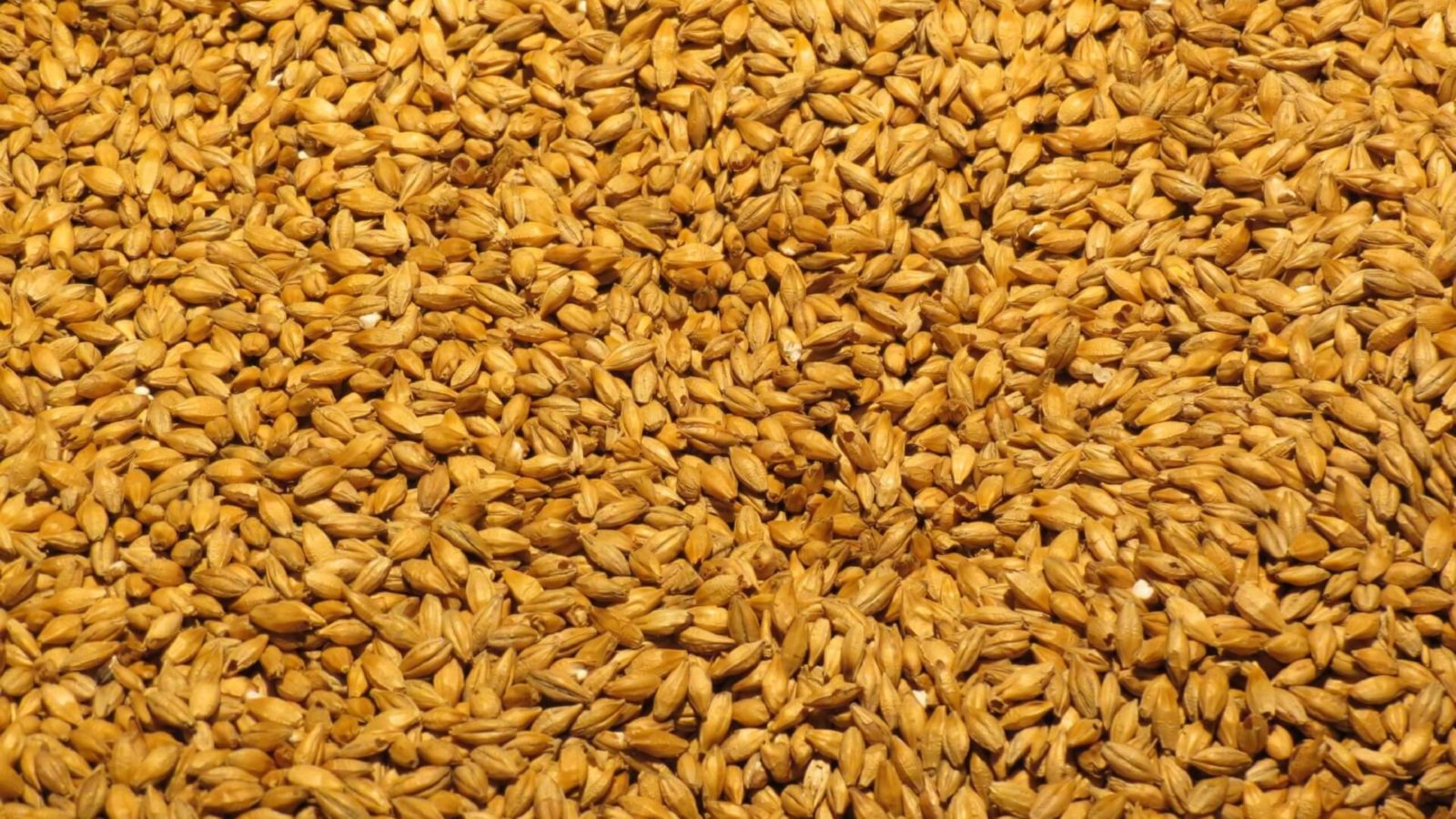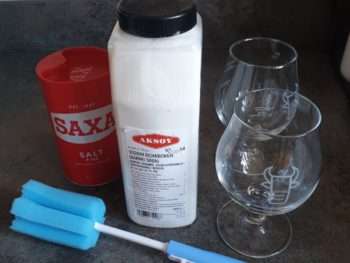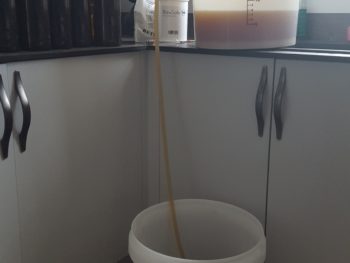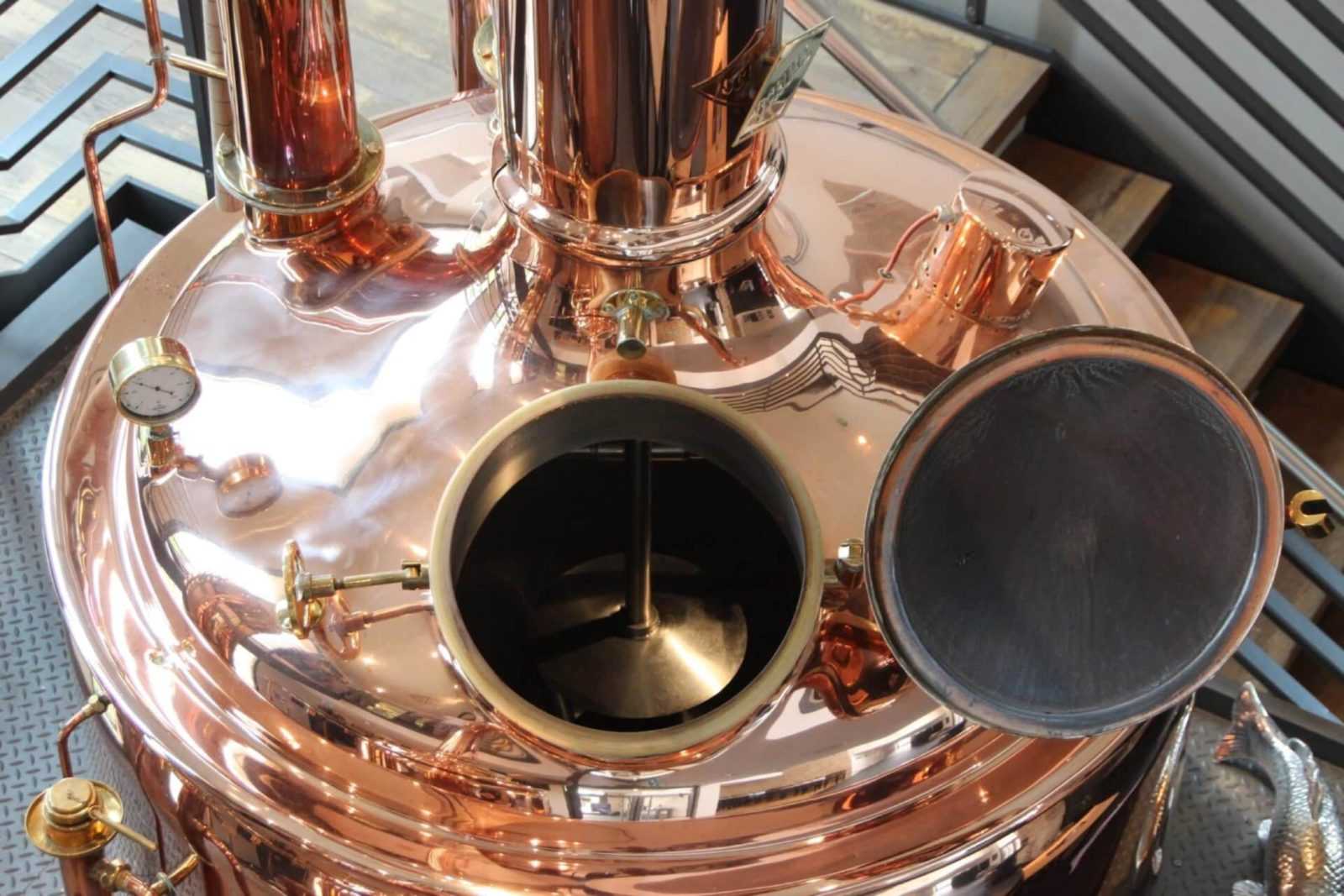
A lot of homebrewers get a bit sniffy about extract brewing, as if it is just for novices or the profoundly-lazy. However, it doesn’t have to be a choice between extract brewing vs all grain, because they both have their time and place, and they each have their own pros and cons.
This post is intended to dispel the myth that only AG brewing deserves your attention, and to explain the advantages and disadvantages of both brewing with malt extract and diving straight into all-grain brewing.
Let’s start with extract brewing:
Advantages of extract brewing
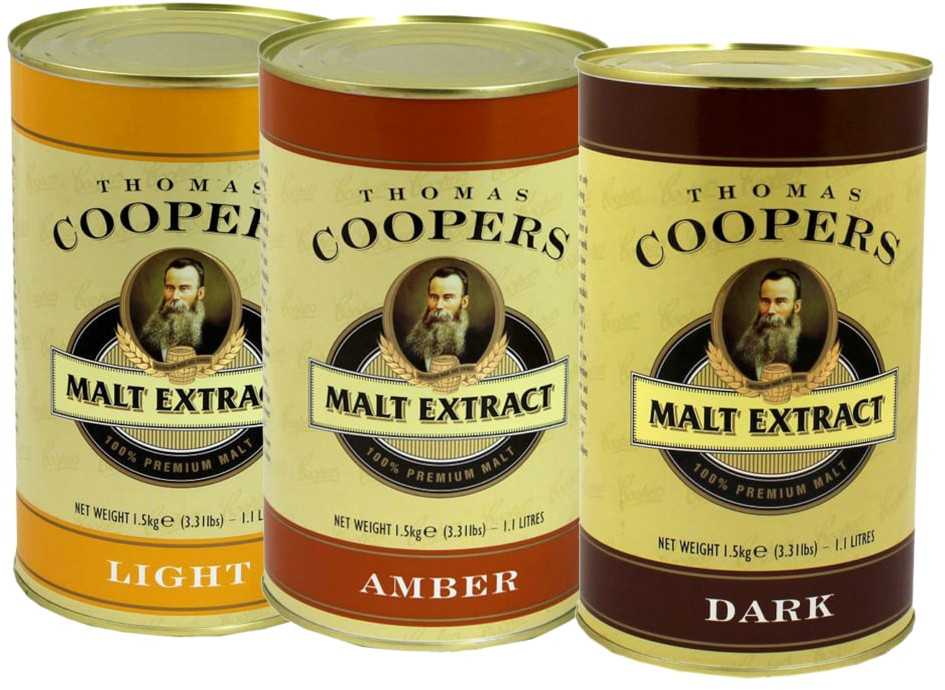
- A very easy way to dip your toes into home brewing. Personally, I would recommend that you’re able to make an extract brew with your eyes shut, before venturing into All Grain.
- Less time-consuming. Expect brewing with extract to take half the time vs All Grain brewing.
- Less equipment needed
- Fewer ingredients needed
- An excellent choice of many beer styles is possible. And many competition-winning beers were brewed using extracts.
- You’re able to focus on getting a good fermentation and avoiding contamination. (Instead of getting distracted and spinning down a rabbit hole of types of grains, hops, and yeast.) You’ll want to be consistent at these before venturing into All-Grain, anyhow.
- You may sometimes find that you make a better drink using extracts and kits than you do going All-Grain.
- You can always “jazz up” extract brewing, by combining with a partial mash.
Disadvantages of extract brewing
- Maybe you don’t feel too creative using a kit.
- Maybe it’s unfair, but you don’t get the maximum kudos!
- Although there’s a lot of choice, you’re not necessarily going to be able to replicate your favourite beers.
- And some of the subtleties of beer (body, mouthfeel, head retention) may be sacrificed, using extract alone.
- Colour. Malt extracts come in light, medium, and dark, so you do lose some control over appearance. Also, even using just light extract, the more malt extract you add the darker the beer. Meaning it is difficult to brew the palest brews to a higher gravity. (You could add sugar, though.)
- Although I don’t think it’s cheating in the slightest, you won’t be learning how to make beer from scratch. Is this important? It’s up to you to decide.
- You may find yourself in a rut, especially if you’re using kits and buying them from the same supplier, as their stock choice is going to be finite.
Advantages of All-Grain Brewing
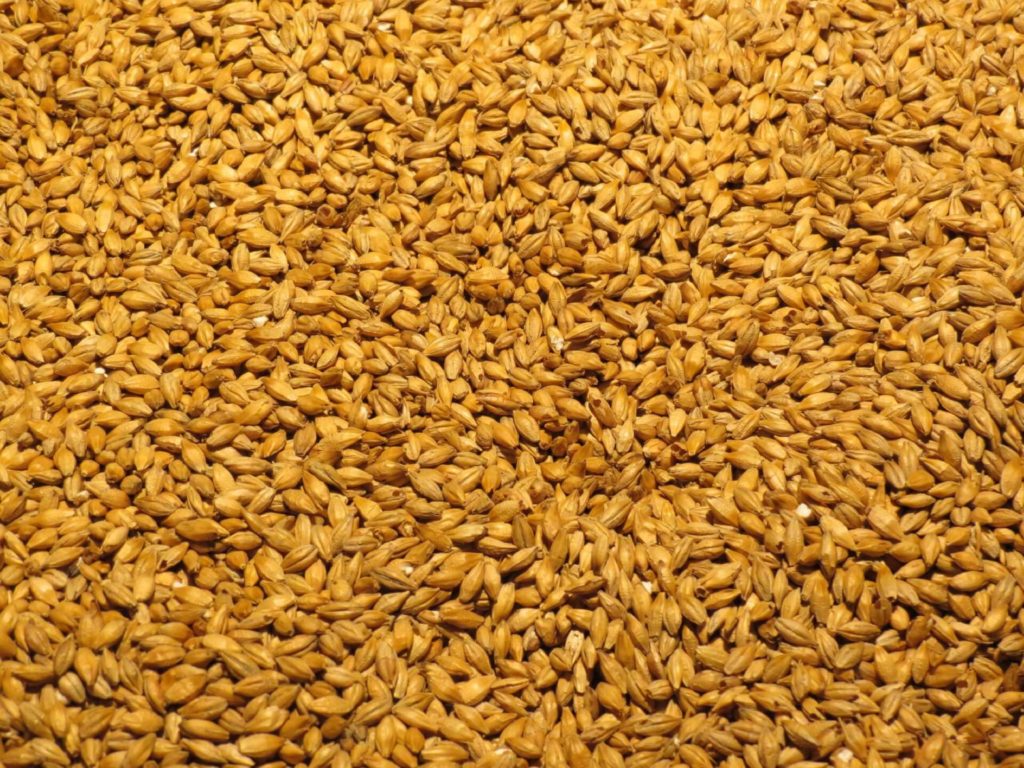
- You have an unlimited choice of recipes you can use, from clone-type recipes of your favourite craft beer to some very out-there recipes indeed!
- Buying crushed grain is cheaper than buying kits or extracts. Not that the price difference is so big that it will change your life. But being able to say your friends that the delicious and rather potent beer they enjoyed cost you less than 60p per pint to produce gives you some bragging rights.
- You’ll have a far more hands-on experience, and get a much greater understanding of what ingredients are being used, and why.
- With methods of brewing like BIAB (Brew in a Bag), the amount of extra equipment you need is fairly minimal.
- In my humble, but accurate, opinion, All Grain is immeasurably cooler.
Disadvantages of All-Grain Brewing
- Takes longer. Expect to take at least a couple of hours, plus clean-up time, versus half-hour using extracts.
- It definitely takes up more space, with big bags of grain instead of small pouches of extract.
- It has more stages, and more ways to go wrong…
- …Which leads to less consistency of results.
- You can always get more hands-on, so it can become hard to know where to stop. Should you mill your own grain? (Maybe?) Become a Maltster? (For me, the answer is no!)
- Sometimes brewers’ creativity is a wonderful thing. But without meaning to sound uncharitable, the world may not really need your version of whatever the hell this is.
- Mess. On a 21L batch of All Grain beer, you’ll often have 6kg of wet grain to dispose of. Not an issue with extract brewing.
Getting Started…
I don’t think you need to decide between the two.
To begin with, it certainly won’t hurt to try with some extract brewing.
This way, you’ll be confident about the essentials, like good hygiene, yeast management, and temperature control, along with taking hydrometer readings. So you’ve have a better chance of getting great results.
Great beers can be brewed using extract, and terrible beers can be brewed using All Grain. Take the time to learn the basics, and it will pay off!
But I really do recommend getting “stuck in” to All-Grain brewing before too long. A lot of home brewers really over-think it, when there’s no need.
Don’t forget, people have been home brewing for thousands of years. And the most rudimentary attempts would have been simply a container with grain and water in it. You’re certainly going to be doing better than that! You’ll be using premium malted barley, whether you’re using extract or grain. And unless you decide to go wild with the yeast, you’ll be using high quality commercial beer yeasts. Your hops will be vacuum packed so they’re at the peak of freshness.
Trust me, even if your first all-grain brew isn’t perfect, it will be okay. Assuming you get the basics right, like proper sterilizing of the equipment, it will most likely be superior to at least some beers you may have paid good money for. And you’ll be getting better each time, as you learn from your mistakes.
But don’t be discouraged from keeping some malt extract in your arsenal. You’re not always going to have time to spend half your Saturday mashing grains, and then boiling and cooling your wort. Some dried malt extract is a must-have, anyway, in your supplies. So when you make an all-grain recipe, and it doesn’t hit the original gravity you were aiming for, you can beef it up.
Conclusion
It’s unfair to compare extract brewing vs All Grain. The methods serve different purposes, and the advantages and disadvantages of each make it a bit like comparing apples with oranges.
Both can give you some great results, allowing you to drink beers that are surprisingly-often better than many commercial beers.
My takeaway is that extract brewing gives the most consistent results. This means you will be more likely to brew consistently great beer.
On the other hand, All Grain brewing will be more likely to yield excellent beers. But you’ll also have a greater chance of making disappointing ones than you would do, simply sticking with extract.

